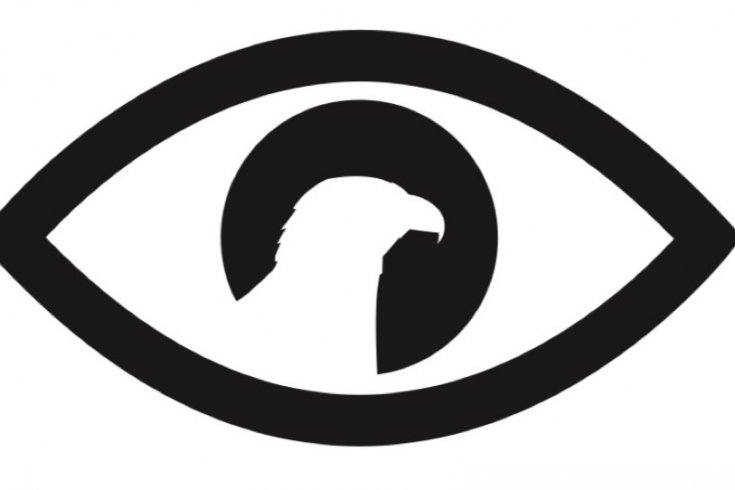
As we moved from T-shirts to down parkas and back to T-shirts again during this winter of climate change—one day semi-tropical; the next, polar and full of revenge—political speeches served as a constant. In the US, there was President George Bush’s finely calibrated Inauguration Address and, two weeks later, its bookend, the State of the Union. In Canada, there was the return of parliament (speechifying in all directions) and the Liberal Party’s long-awaited budget. In tone and direction, the speeches could not have been more different.
Societies require organizing principles, short pithy statements of purpose under which all else falls, and on which our leaders must reflect. Canada’s is “peace, order, and good government”: noble, a bit dull, but at least measurable and consistent with other reasonable ideas, such as sustainable development. America’s is “life, liberty, and the pursuit of happiness”: exciting, brash, resonant, but difficult to measure, the terms not easy to pick up and take home with you.
Nonetheless, the more mythic credo of the US lends itself to more mythic oratory. Borrowing from Martin Luther King, Jr., in his inauguration speech George Bush let “freedom” reign twenty-seven times. “For a half-century, America defended our own freedom by standing watch on distant borders,” he began.” Renewed in our strength—tested, but not weary—we are ready for the greatest achievements in the history of freedom,” he concluded. Tall, proud, and self-assured, pushing outward into the street, and bringing democracy to the world at its moment of great need, Bush presented himself as deus ex machina. On this day, dissent was treason. Small issues could be debated, but on the big issue, the way forward, there must be universal assent. He will see to it.
On January 31, as parliament reopened in what might be its last sitting before the next election, all eyes were on Prime Minister Paul Martin. All eyes save those belonging to the provincial finance ministers, who were holed up in Ottawa’s Westin Hotel criticizing equalization payments, demanding that the fiscal imbalance between Ottawa and the regions be redressed, and, in short, reconstituting the federation. Call Martin the humble one, sitting small, hesitant, in a minority position, watching the backyard fences wither and break, and, having already ceded power to the provinces, awaiting the next international junket.
In the weeks following, Canadians saw small issues—an ex-prime minister defending the labelling of golf balls; squabbling over same-sex marriage—become large; and big issues—equivocating on our Kyoto commitments to placate foreign investors and at-home polluters; Ontario announcing that it will no longer play peaceful equalization broker—become small. Rudderless, Canada is adrift, not realizing its glorious opportunity. While the more sober and adult “peace, order, and good government” may, indeed, be the better prescription for a still troubled world—democracy tends to flourish when the necessary conditions are in place, not when it is imposed or quickly assembled—it is “life, liberty, and the pursuit of happiness” that is setting the agenda, and the man-child George Bush who sounds the triumphalist tones.
Bush’s State of the Union speech segued adroitly from the inauguration address: privatizing social security will make Americans free, will grant them ownership of their own futures. Entrepreneurs must be free to pursue their dreams. Halfway through, Bush connected what he had to address, the state of the union, with what he wanted to address, America in the world: “We will pass along to our children all the freedoms we enjoy—and chief among them is freedom from fear.” He moved, that is, from his country to his world.
Increasingly, our particular societies, Canada and the US, are becoming one. Married by nafta, and with our vows renewed at the altar of continentalism we are now under the sway of Pax Americana. Martin’s budget and the policies surrounding it, ever hesitant, always by half-measure, makes Canada more submissive than she need be in this unequal union.
The glorious opportunity for Canada right now is to act as official guardian to the rebellious child, to stand up and insist that freedom, like creativity, operates best under certain constraints. Doing so would require a unity of purpose. First and foremost, Ottawa could assert itself in Washington by being truly internationalist, i.e., not by making empty speeches, but through real and generous monetary commitments to both foreign aid and a peacekeeping military. This might require Canadians to accept a reduction in domestic social services—might require, in short, taking a long step away from a sense of entitlement. Aggressively promoting “peace, order, and good government” might be just the tonic. Pouring it into a glass won’t be cheap.




